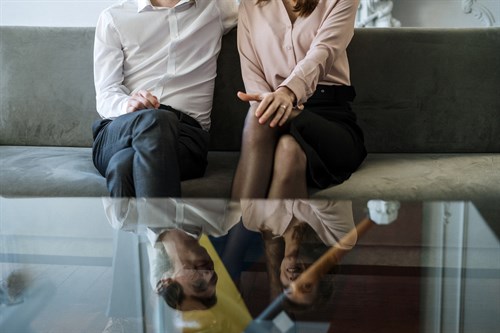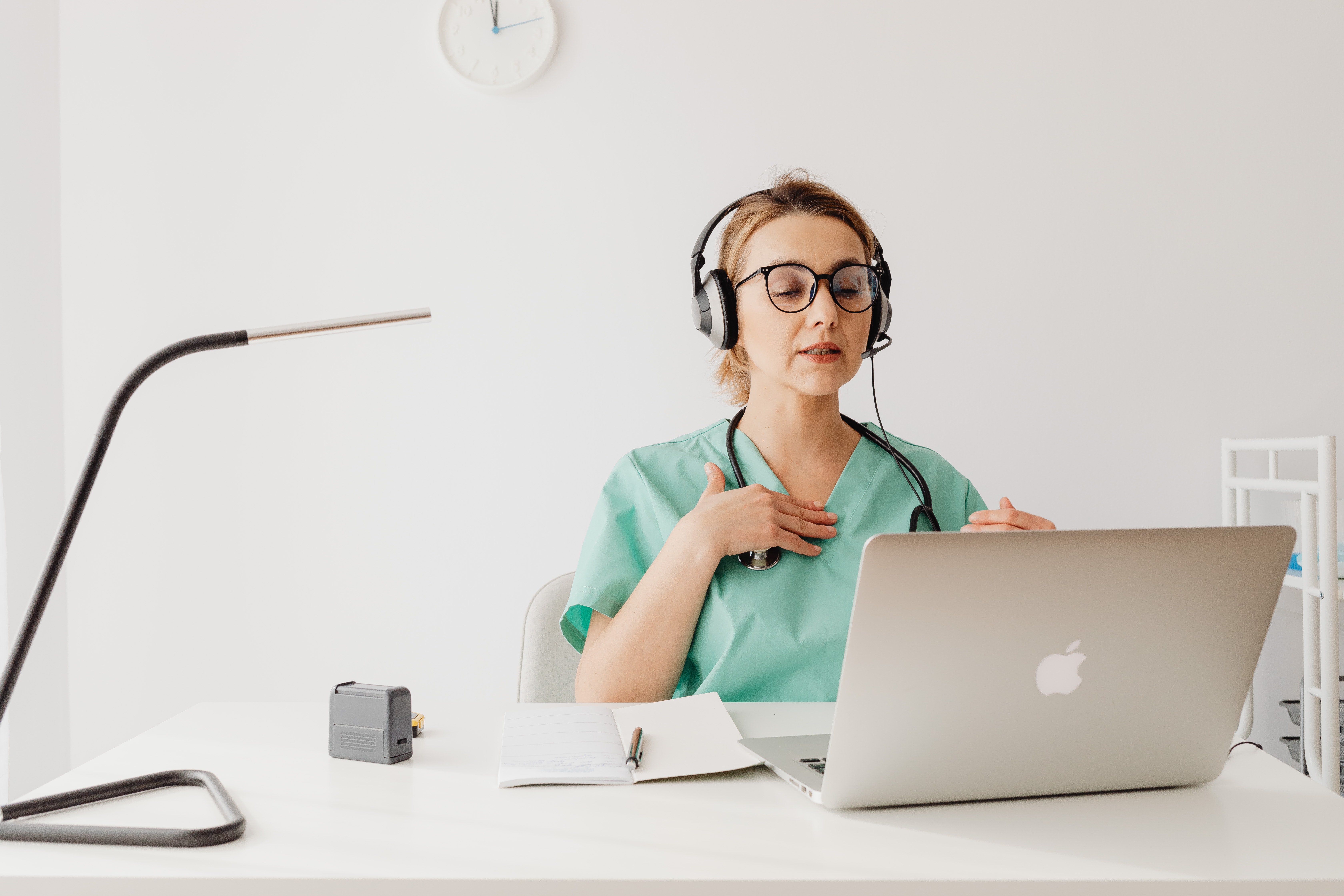COUPLE AND FAMILY THERAPY
How to overcome marital challenges in uncertain times, whether as a couple or as a family, with support from a leading expert in the field.

Common Issues
Communication problems, lack of emotional connection, distance, episodes of extramarital affairs, and unrealistic expectations about each other or the relationship are common concerns for couples seeking therapy.
The pressures of both external and internal changes that couples face over time — which are even more complex today — can threaten family dynamics. With or without children, living together involves many changes and routines. This process is often challenging, and many couples encounter significant communication difficulties.
According to the American Psychological Association, “at any stage of life, our relationships and families provide us with joys and challenges. Learning to manage stress, understand our emotions and behaviours, and communicate effectively can help strengthen our emotional health and our connections with those important to us.”
Why Choose Couple AND Family Therapy?
Each person brings individual issues, values and principles, which makes every couple or family unique. Therapy can help each partner better understand the different challenges in their relationship and learn how to overcome them.
In couple or family therapy, participants are encouraged to openly express their concerns and viewpoints. Many couples find this is their first opportunity to communicate this way, later recognising how beneficial the process can be for their relationship. Whether in person or online, therapy sessions provide a safe environment to deepen mutual understanding and improve connection, leading to greater intimacy and satisfaction.
Sometimes one partner may be less motivated initially, but as they begin to understand the relationship difficulties, they often become willing to change their behaviour and communication style. The start of therapy can be demanding, as changes are needed across various areas, but these are addressed progressively to achieve positive outcomes.
Individual or Couple Therapy?
Learning to listen and communicate feelings is the first challenge for any couple. It’s increasingly common for couples and families to consult psychologists with certified training in couple and family therapy, where each partner can share their experience and perspective — either together or individually.
Some prefer individual sessions without their partner present, which can be helpful to build motivation and insight before joint sessions.
Medical Port offers access to certified, experienced professionals for both individual and couple therapy, tailored to your needs.
CONFIDENTIALITY AND DIGITAL SECURITY
MedicalPort respects the protection of personal data and fully complies with the General Data Protection Regulation (GDPR) to ensure maximum confidentiality.
ONLINE COUPLE AND FAMILY THERAPY CONSULTATION
The consultation can be carried out online via our Stuward telemedicine and telehealth platform, designed specifically for doctors, therapists, psychologists and other healthcare professionals. This platform ensures the highest level of data security, guaranteeing full protection of clients’ digital information.
Using the platform does not involve any additional costs and does not require downloading any application — all you need is an internet connection.
Doctors who perform this medical procedure

Psicologia Clínica e Neuropsicologia
Cédula Profissional: 6716
Licenciada pela Faculdade de Psicologia e de Ciências da Educação da Universidade do Porto e Pós-graduada em Neuropsicologia Clínica e em Terapia de Casal e Sexologia Clínica, encontrando-se a realizar Doutoramento em Ciências Forenses.
Tem formação em Terapias Cognitivo-Comportamentais de 3ª geração. Membro da Sociedade Portuguesa de Neuropsicologia. Foi docente convidada na Escola Superior de Saúde. Atualmente exerce funções enquanto psicóloga clínica (individual e de casal) e formadora em domínios técnicos.
Psicóloga na Psinor

